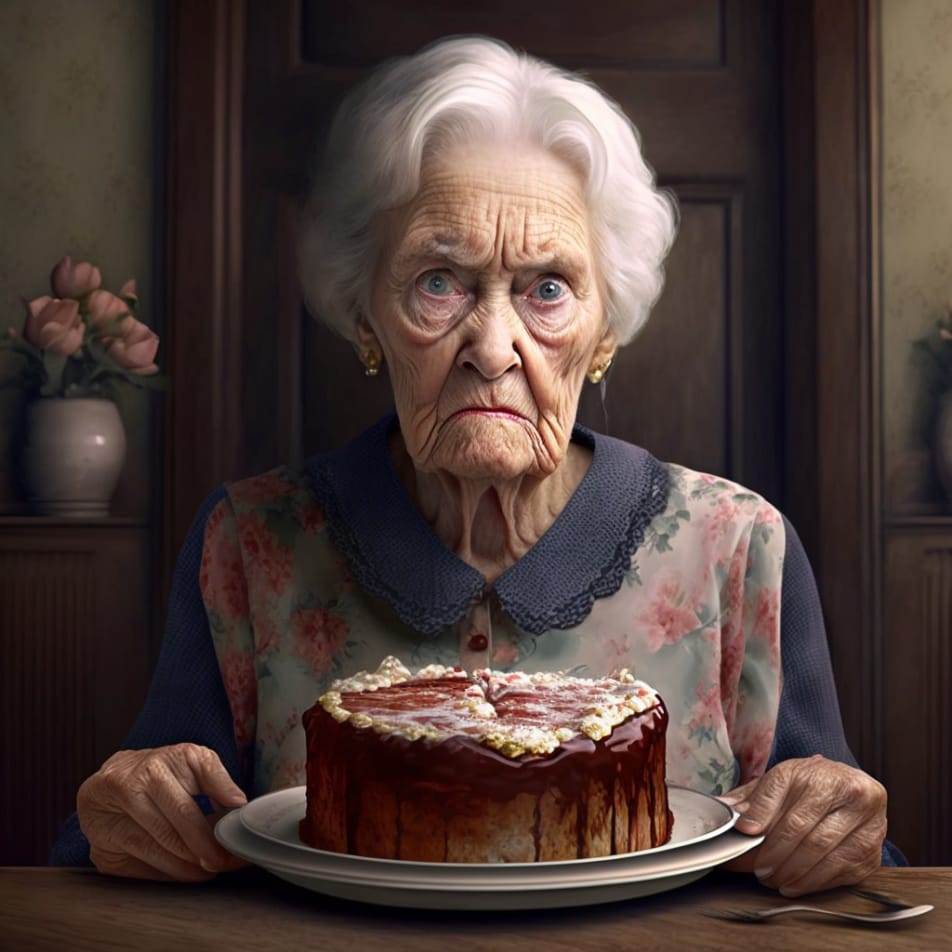Hey there!
Welcome to another exciting edition of our newsletter! This time, we're diving into the fascinating world of motivation, as explored in Charles Duhigg's book Smarter Faster Better. We'll cover Chapter 1, where Duhigg shares some captivating stories and insights on how making choices that give us a sense of control can lead to success and happiness in various aspects of our lives.
Here's what you can expect in this edition:
📘 Insights from "Better, Faster, Smarter" by Charles Duhigg, Chapter 1
🔥 The importance of self-motivation in today's freelance job market
🎖️ How the Marines use psychology to create independent and self-motivated troops
👵 The surprising connection between nursing home "subversives" and the power of choice
Estimated read time: 5 Minutes
Freelance jobs
You know, nowadays with so many people working freelance jobs or switching careers all the time, understanding motivation is super important. More than a third of working Americans don't have steady 9-to-5 jobs anymore. The remote workers who do well in this new economy know how to self-motivate, which leads to better pay, happiness, and satisfaction in all areas of life.
Even though self-help books make it seem like self-motivation is a fixed trait or something in our brains, scientists say it's more complicated. Motivation is actually a skill we can learn and improve. The key is believing we have control over our actions and environment.

Some psychologists found that needing control is built into our biology. When we feel in control, we work harder, have more confidence, and bounce back from setbacks more quickly. Feeling in control even helps us live longer!
Making decisions helps us feel in control and more capable. A motivation theory says that giving people choices that make them feel autonomous and self-determined is the first step to creating drive. In experiments, people are more motivated to finish tough tasks when they're framed as decisions rather than commands. That's why companies ask you a bunch of questions when you sign up for stuff – it makes you more likely to engage and follow through.
Scientists explain that our brains love taking control, even if it doesn't benefit us. This is a helpful lesson for motivating ourselves or others, because it means we can trigger action by finding choices that let us feel in control. What we choose isn't as important as feeling in control, which boosts our motivation.
So, motivation comes from making choices that show we're in control. Feeling self-determined pushes us to act, making it a super important skill for success in today's ever-changing economy.
Marines and making small decisions
Alright, so let me tell you a story. When Eric Quintanilla decided to join the U.S. Marines, he was super nervous. At 23, he didn't know what to do with his life. He tried college and even applied for a job at a cellphone store, but nothing felt right.
He got married, had a baby on the way, and realized he needed change.
He saw an old classmate who'd joined the Marines and was a totally different person – confident, funny, and charming. Eric thought, "Why not give it a try?" His wife and mom weren't too happy, but he couldn't think of anything else to do. So, he went off to boot camp in San Diego.
Eric's boot camp was a new, 13-week program designed to create the perfect Marine. It was about turning rowdy teens into disciplined troops back in the day. But times changed, and the Marines wanted people who could think for themselves and make quick decisions.
Enter Commandant Charles C. Krulak. About 15 years before Eric joined, Krulak became the big boss. He realized basic training needed a major update because they were getting recruits who needed more than just discipline – they needed a mental transformation.
Krulak wanted Marines to be more independent and self-motivated. They needed to think on their feet and make decisions, especially in places like Somalia and Baghdad, where things change in an instant.
He got into some psychology stuff. Specifically, this thing is called the "internal locus of control." It's basically the belief that you can shape your own destiny through your choices. People with a strong internal locus of control are more successful, happier, and better at handling stress.
On the other hand, having an "external locus of control" means you think life happens to you and you don't have much control. That's not great for being a Marine, right?
Turns out, you can actually teach people to have a stronger internal locus of control. Like, there was this experiment with fifth graders where they got praised for working hard, which made them believe they had control over their success. That's way better than just telling them they're smart, which makes them think they have no control over their intelligence.
So, Krulak brought this idea into the Marines' training to make them even better at what they do.

Nursing Homes
So, if we want to get better at self-motivating, we've got to learn to see our choices not just as ways to control stuff but also as ways to show our values and goals. That's why recruits ask each other "why" – it helps them connect small tasks to big dreams. This idea is actually backed up by studies from the '90s about seniors in nursing homes. Some seniors did great, while others went downhill real quick. The difference? The ones who did well made choices that went against the strict rules and schedules of the nursing homes.
These seniors were called "subversives" 'cause they made little rebellions against the system. Like, some would trade food with each other to make their own meals instead of just eating what they were given. Or others would rearrange their rooms, even though it was against the rules. These small acts of defiance might not seem like a big deal, but they were super important 'cause they showed the seniors they still had control over their lives. These "subversives" walked more, ate more, and had better relationships with family and friends. They were happier and more active, too.
One expert said it's all about making decisions that show you're still in charge of your life, instead of just waiting around to die. It doesn't really matter if you eat cake or not, but if you refuse to eat their cake, you're telling yourself you're still in control. These seniors thrived 'cause they knew how to take control, just like Quintanilla's troop learned to tackle challenges during the Crucible by making their own decisions.

So, the choices that really get us motivated are the ones that make us feel in control and give our actions a bigger meaning. Climbing a mountain can be a way to show love for a daughter, or staging a nursing home rebellion can be proof that you're still alive. We develop an internal sense of control when we turn chores into meaningful choices and show ourselves that we're the boss of our own lives.
Conclusion
And there you have it, folks! We've discovered the incredible power of choice and control in shaping our motivation, success, and happiness. But hold on, because this journey is far from over!
In the next edition of our newsletter, we'll dive into Chapter 2 of Charles Duhigg's "Better, Faster, Smarter," where we'll explore the secret sauce behind high-performing teams. How do some groups achieve exceptional results while others struggle? What can we learn from their experiences to improve our own teamwork and collaboration?
Be sure to stay tuned for our next issue, as we uncover the mysterious factors that separate the best teams from the rest. Trust us, you won't want to miss these game-changing insights that could transform the way you work with others. So, keep an eye out for our next installment, and until then, keep making choices that empower and motivate you! 😉🚀